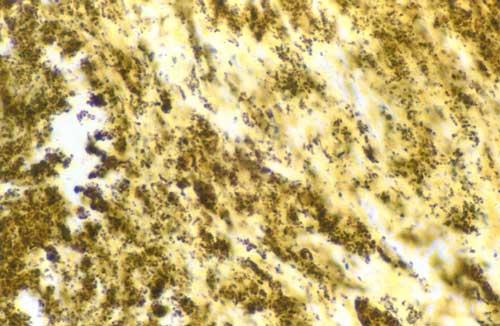Okike N Okike, MD(*); Jia Jin Zheng, MD; Thomas J Vander Salm, MD; Robert A Lancey, MD; James S Gammie, MD; A Thomas Pezzella, MD; Jorge M Balaguer, MD and Yunsheng Ma, MD. UMass Medical Center, Worcester, MA.
PURPOSE: Active endocarditis is a potentially fatal disease and surgical intervention remains a challenge. We investigated the determinants of adverse outcome in patients undergoing surgery for active IE (infective endocarditis).
METHODS: From 1988 to 1999, 61 patients who fulfilled Dukes criteria for IE underwent surgical interventions. Mean age was 53.7(14-81). Fourteen patients had prosthetic valve endocarditis. Follow up was obtained in all the surviving patients. Logistic regression analysis was used to explore factors associated with operative death. Cox-hazard regression analysis was done for independent determinants of long-term survival. The variables tested included age, embolism, presence of fever, double valve infection, vegetation, Staphylococcal infection, degree of surgical urgency, and valvular destruction.
RESULTS: Operative mortality was 23%(14/61). Multivariate logistical regression analysis indicates that Staphylococcal infection (OR=4.24, 5% Cl 1.03, 17.37) and valvular destruction (OR=8.03, 95% Cl 1.47, 43.9) were significantly predictive of operative death. Forty-seven patients who survived the operation were followed for a mean of 3.9 years (2months - 11 years). The 5-year survival rate was 75.6%. We did not find any single factor that had a significant impact on long-term survival.
CONCLUSION: Active IE is associated with a high operative mortality. Early operation for Staphylococcal IE may reduce the degree of valvular destruction and possibly improve operative mortality. The long-term outcome of surgical survivors is encouraging.
COPYRIGHT 2000 American College of Chest Physicians
COPYRIGHT 2001 Gale Group



